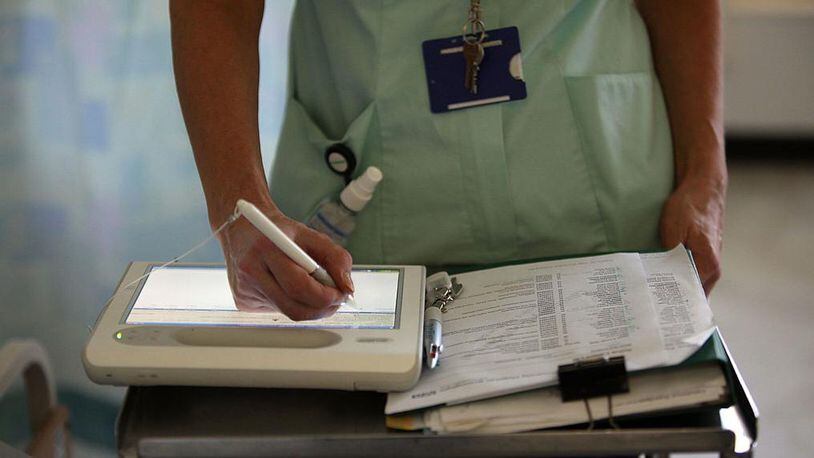Target Ovarian Cancer, a cancer charity in Europe, recently conducted an experiment to determine how the disease has affected women in recent years.
To do so, they interviewed nearly 1,400 women of the general population in the United Kingdom to measure awareness of ovarian cancer. They then surveyed about 500 practicing general practitioners across the U.K. to measure awareness and their experience with ovarian cancer.
Lastly, they handed out questionnaires to about 400 U.K. women with ovarian cancer. It focused on their symptoms, diagnosis and treatment.
>> Related: Sugar can fuel cancerous cells, study says
After analyzing the results, they found that ovarian cancer affects about 7,300 women in the U.K., and 11 women die every day from the disease.
Despite the statistics, not many know about the warnings signs.
Just 1 percent know that “increased urinary urgency” is one of the four main symptoms of ovarian cancer, and only 21 percent are able to name bloating as a symptom.
Furthermore, 30 percent of women incorrectly believe cervical screenings also detect ovarian cancer.
>> Related: Why are more black women dying of breast cancer compared to white women?
As for doctors, 45 percent of them wrongly think symptoms are only present in the later stages of the disease, and about 43 percent of women visit their general practitioner three times or more before being referred for a diagnostic tests.
"The findings ... show what is working when it comes to diagnosing and treating ovarian cancer in England, but they also show where more remains to be done," the authors concluded in the study.
To heighten awareness, researchers recommend general practitioners complete accredited training on ovarian cancer. They also hope to highlight the Be Clear on Cancer campaign, which aims to educate women on the symptoms and the importance of visiting the doctor.
Want to learn more about the results? Take a look at the full report here.
About the Author
